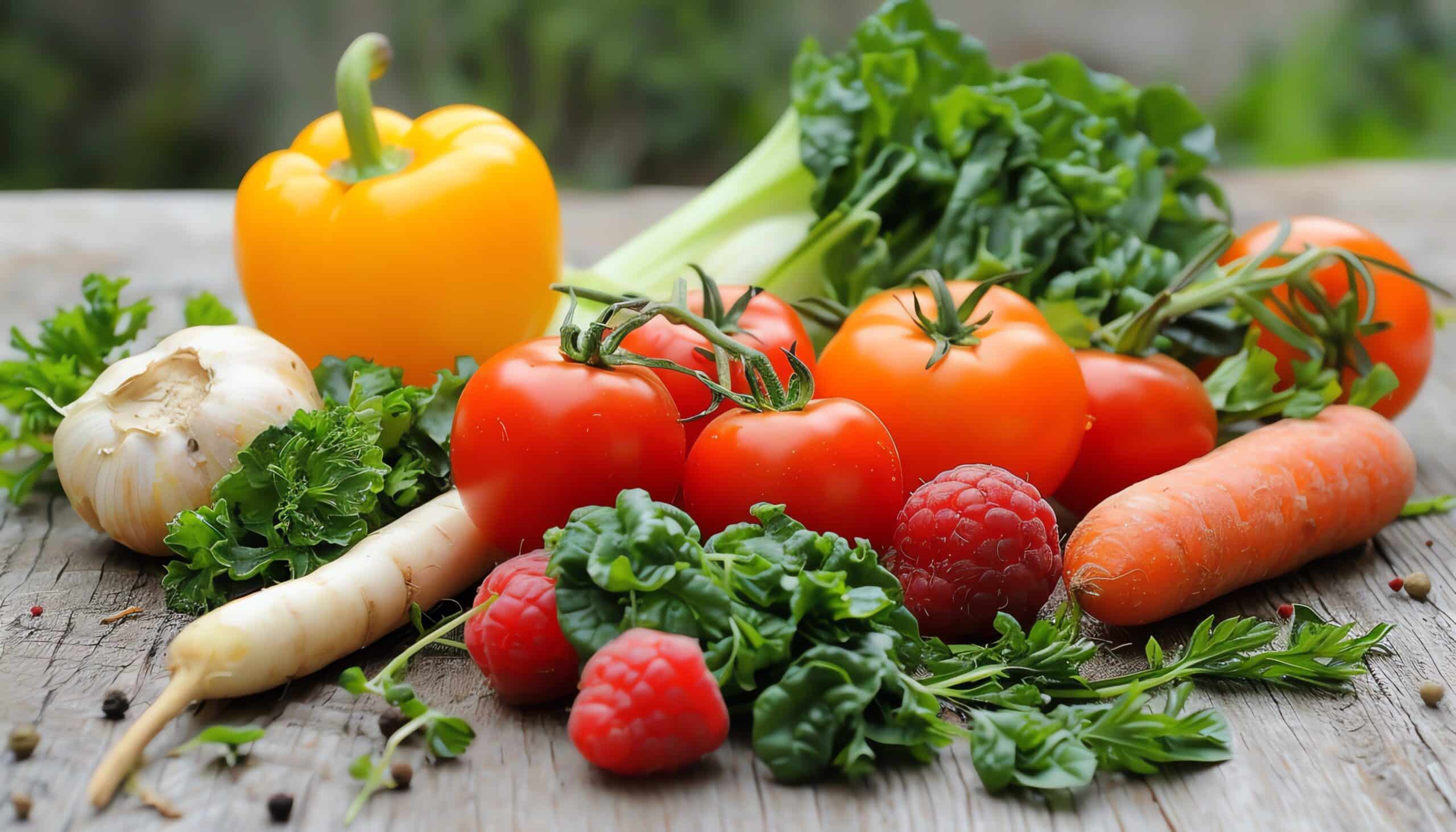What is the 30 Plant Foods Week?
Key Takeaways
- The 30 Plant Foods Week challenge encourages individuals to consume at least 30 different types of plant-based foods each week, including fruits, vegetables, whole grains, legumes, nuts, seeds, herbs, and spices.
- Eating 30 plant foods a week has been associated with several health benefits, including boosting the diversity and health of the gut microbiome, improved digestion, and a reduced risk of long-term health conditions such as heart disease, type 2 diabetes, and certain types of cancer.
- To participate in the 30 Plant Foods Week challenge, individuals can include a variety of plant-based foods in their diet, including small amounts of herbs and spices and foods like coffee, dark chocolate, and popcorn. Fresh, dried, canned, and frozen plant foods can all be included in the count.
The 30 Plant Foods Week is a challenge that encourages individuals to incorporate a diverse range of plant-based foods into their diet. The goal is to consume at least 30 different types of plants each week, including fruits, vegetables, whole grains, legumes, nuts, seeds, herbs, and spices. By increasing the variety of plant foods consumed, individuals can support the diversity and health of their gut microbiome, which has numerous benefits for overall health and well-being.
The Benefits of Eating 30 Plant Foods a Week
Eating 30 plant foods a week has been associated with several health benefits. One of the key advantages is boosting the diversity and health of the gut microbiome. The gut microbiome is a collection of trillions of microorganisms that reside in our digestive system. A more diverse microbiome is linked to a better-functioning gut, improved digestion, and a reduced risk of various health conditions.
Research suggests that consuming a variety of plant foods provides prebiotics, which are compounds that fuel beneficial gut bacteria. Different plants contain different types of prebiotics, supporting the diversity of the gut microbiome. This increased diversity is associated with a lower risk of long-term health conditions such as heart disease, type 2 diabetes, and certain types of cancer.
Additionally, incorporating 30 plant foods a week can promote healthy aging. A study conducted by the American Gut Project found that participants who consumed 30 or more different types of plants per week had the most diverse and health-promoting gut microbiomes. By nourishing the gut with a wide range of nutrients from various plant sources, individuals can support their overall health and well-being.
Participating in the 30 Plant Foods Week Challenge
To participate in the 30 Plant Foods Week challenge, individuals can include a variety of plant-based foods in their diet. This includes fruits, vegetables, whole grains, legumes, nuts, seeds, herbs, and spices. Even small amounts of herbs and spices, as well as foods like coffee, dark chocolate, and popcorn, can be counted towards the 30 plant foods goal.
The challenge encourages individuals to aim for 30 different plant-based foods each week. Each different plant counts as one point, while herbs and spices count as 1/4 point. Both fresh and dried plant foods, as well as canned and frozen options, can be included in the count. By increasing the diversity of plant foods consumed, individuals can support a healthy gut microbiome and reap the associated health benefits.
Success Stories and Expert Opinion
There are success stories from individuals who have completed the 30 Plant Foods Week challenge. One author from an article shared her experience of incorporating 33 different plant-based foods into her diet during the challenge. She reported feeling great after the week and plans to continue with this way of eating.
Dr. Megan Rossi, author of “How to Eat More Plants and Love Your Gut,” claims that eating a diverse range of plants is her only dietary rule. This suggests that she has had success with the 30 Plant Foods Week approach. Dr. Rossi emphasizes the importance of increasing the diversity of plant foods consumed to promote a healthy gut microbiome and overall well-being.
Related Websites:
FAQs:
Q: What is the 30 plant foods week?
The 30 plant foods week is a concept that encourages incorporating a variety of plant-based foods in your diet for a week. By focusing on plant foods, you can promote a diverse and healthy eating plan with numerous benefits.
Q: What are plant foods?
Plant foods include fruits, vegetables, legumes, whole grains, nuts, and seeds. They provide essential nutrients, vitamins, and minerals for overall health and well-being.
Q: How does the 30 plant foods week work?
During the 30 plant foods week, the goal is to incorporate and rotate 30 different plant foods in your meals throughout the week. This promotes variety and ensures you receive a wide range of nutrients. Meal planning and recipe ideas can help you achieve this goal.
Q: Why should you try the 30 plant foods week?
A plant-based diet offers potential health benefits and emphasizes the importance of variety and diversity in nutrition. Additionally, choosing plant foods can have positive impacts on the environment and support sustainable food choices.
Q: What are some tips for success during the 30 plant foods week?
To succeed during the 30 plant foods week, you can follow practical tips such as grocery shopping for plant foods, meal prepping, batch cooking, and experimenting with different cooking methods and recipes.






